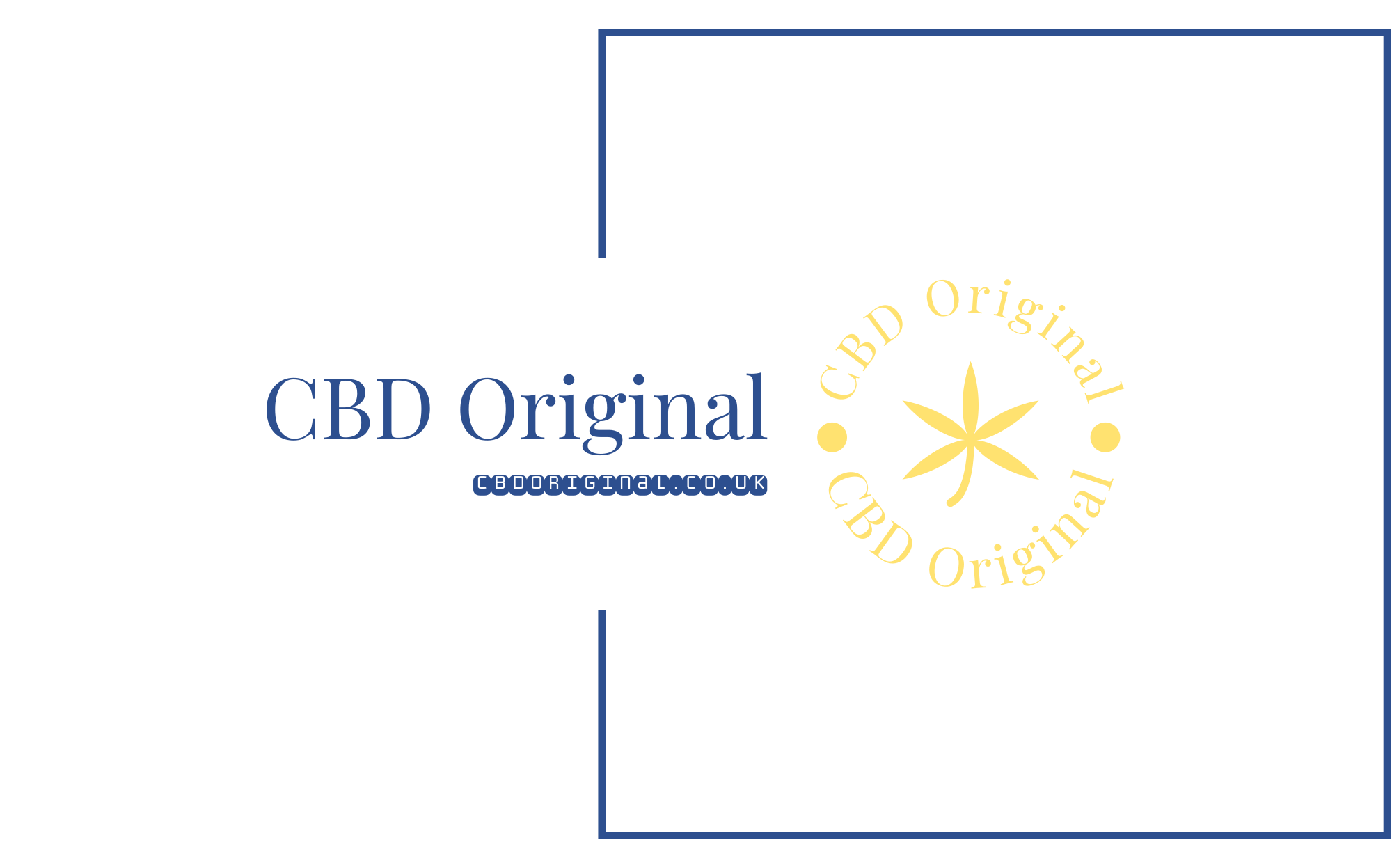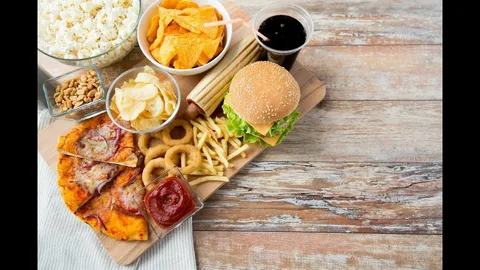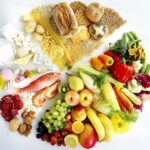Discover Dermal Filler Advantages at It’s Me and You Clinic Finding the Right Fit Initial Consultation Finding the right *fit*…
Processed and Sugary Foods
Processed foods like sugary snacks, pastries, and candies offer a quick energy boost due to their high sugar content. However, this energy spike is often followed by a crash, leaving you feeling fatigued and irritable. These refined sugars are rapidly absorbed into the bloodstream, causing fluctuations in blood sugar levels. To combat this, opt for whole, unprocessed foods that provide sustained energy without the rollercoaster effect.
Instead of reaching for sugary snacks, choose whole fruits like apples, bananas, or berries. Pair them with a protein source like nuts or Greek yogurt to stabilize blood sugar levels and promote long-lasting energy.
Fried and Greasy Foods
Fried foods like french fries, fried chicken, and onion rings are high in unhealthy fats and calories. These foods can be difficult to digest, leading to feelings of sluggishness and fatigue. Additionally, consuming excessive amounts of fried and greasy foods is associated with weight gain and increased risk of heart disease. Opt for lighter cooking methods like baking, grilling, or steaming to reduce the negative impact on energy levels.
Instead of fried options, try baked sweet potato fries, grilled vegetables, or air-fried alternatives. These options are lower in unhealthy fats and calories while still satisfying your cravings for crunchy, savory foods.
White Bread and Refined Grains
White bread, white rice, and other refined grains have been stripped of their fiber and nutrients during processing. As a result, they offer little nutritional value and can cause rapid spikes in blood sugar levels. This can lead to energy crashes and feelings of fatigue. Choose whole grain alternatives like whole wheat bread, brown rice, quinoa, or oats, which provide fiber and complex carbohydrates for sustained energy.
Replace white bread with whole grain options for sandwiches, toast, and wraps. Experiment with different grains like quinoa, barley, or farro to add variety and texture to your meals while boosting nutritional content.
Energy Drinks and Excessive Caffeine
While caffeine can provide a temporary energy boost, relying on energy drinks or excessive amounts of coffee can disrupt your natural energy levels. These beverages may lead to dependence and interfere with sleep quality, leaving you feeling more tired over time. Moreover, many energy drinks are high in sugar and artificial additives, which can exacerbate energy crashes. Opt for healthier alternatives like green tea or herbal infusions, and limit caffeine intake to moderate levels.
Instead of reaching for energy drinks, brew a cup of green tea or herbal infusion for a natural energy boost. These beverages provide antioxidants and other beneficial compounds without the negative side effects of excessive caffeine consumption.
Alcohol
While alcohol may initially produce feelings of relaxation and euphoria, it can disrupt sleep patterns and lead to fatigue the next day. Alcohol is a diuretic, meaning it increases urine production and can cause dehydration. This can contribute to feelings of fatigue and lethargy. Limit alcohol consumption and stay hydrated by alternating alcoholic beverages with water or other non-alcoholic options.
If you choose to drink alcohol, do so in moderation and be mindful of your hydration levels. Opt for lighter options like wine or spirits mixed with sparkling water, and avoid sugary cocktails or heavy beers that can exacerbate energy crashes.
Processed Meats
Processed meats like hot dogs, bacon, and deli meats are high in sodium, preservatives, and unhealthy fats. Consuming these meats regularly is associated with an increased risk of heart disease, cancer, and other health issues. Additionally, processed meats can be difficult to digest, leading to feelings of heaviness and fatigue. Choose lean protein sources like poultry, fish, beans, and legumes for sustained energy and improved overall health.
Replace processed meats with lean protein options like grilled chicken breast, salmon, tofu, or beans. These alternatives are lower in unhealthy fats and sodium while providing essential nutrients for energy production and muscle repair.
High-Sugar Breakfast Cereals
Many breakfast cereals marketed as “healthy” or “low-fat” are actually loaded with sugar and refined grains. These cereals cause rapid spikes in blood sugar levels, followed by energy crashes later in the day. Starting your day with a high-sugar breakfast cereal can leave you feeling tired and hungry shortly after eating. Opt for whole grain cereals with minimal added sugars, and top them with fresh fruit, nuts, or seeds for added flavor and nutrition.
Choose whole grain cereals like oatmeal, muesli, or whole grain flakes for a nutritious breakfast that provides sustained energy. Add toppings like sliced bananas, berries, almonds, or chia seeds for added flavor, texture, and nutritional benefits.
FAQs (Frequently Asked Questions)
1. Can I indzulge in these energy-draining foods occasionally without negative effects?
Occasional indulgences are fine as part of a balanced diet. However, be mindful of portion sizes and frequency to minimize their impact on energy levels.
How long does it take to notice improvements in energy levels after eliminating these foods?
Individual responses vary, but many people experience increased energy levels within a few days to a week of making dietary changes. Consistency is key for long-term benefits.
Are there specific nutrients or supplements that can help boost energy levels?
While a balanced diet is the best way to support energy levels, certain nutrients like iron, B vitamins, and magnesium may help. Consult with a healthcare professional before starting any new supplements.
Can these dietary changes help with conditions like chronic fatigue syndrome or adrenal fatigue?
While dietary changes alone may not cure these conditions, they can support overall health and potentially alleviate symptoms. Consult with a healthcare professional for personalized guidance.
How can I maintain energy levels while following specific dietary preferences like vegetarianism or veganism?
Focus on incorporating a variety of plant-based protein sources, whole grains, fruits, and vegetables into your meals. Consider consulting with a registered dietitian for personalized recommendations.
Are there any lifestyle factors besides diet that can impact energy levels?
Yes, factors like sleep quality, stress management, hydration, and physical activity all play important roles in energy levels. Strive for a balanced lifestyle that prioritizes these areas.
Can I still enjoy my favorite foods while following these dietary recommendations?
Yes, moderation is key. You can still enjoy your favorite foods occasionally while making healthier choices most of the time.
- New Patient Treatment Near Effingham, Surrey - May 8, 2025
- Downturned Smile Treatment Near West Horsley, Surrey - May 7, 2025
- How Do You Fill A Crease In Your Chin? - May 7, 2025



